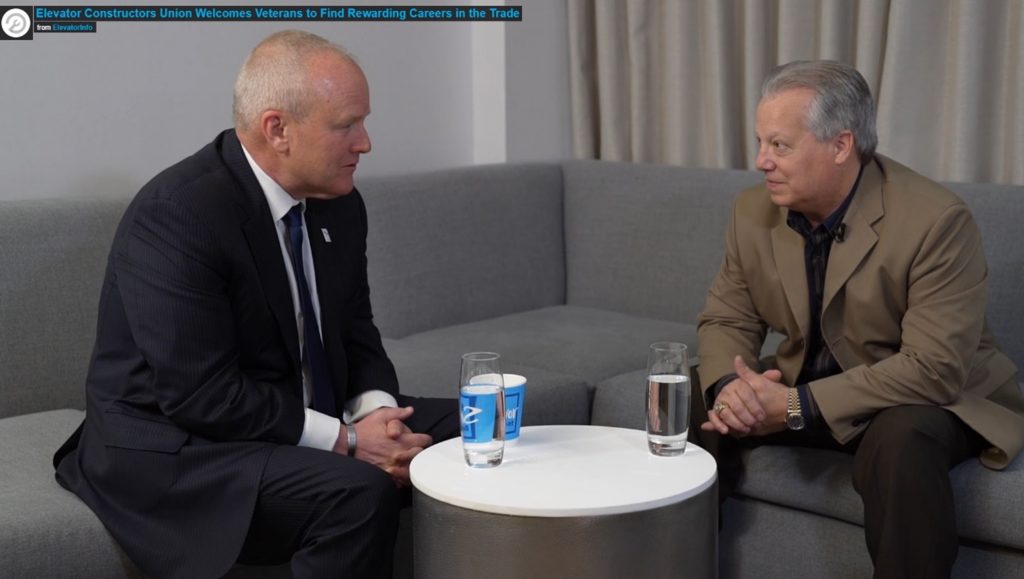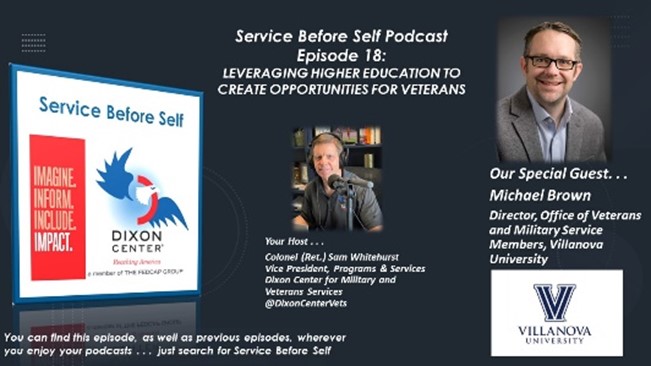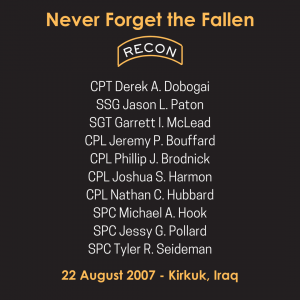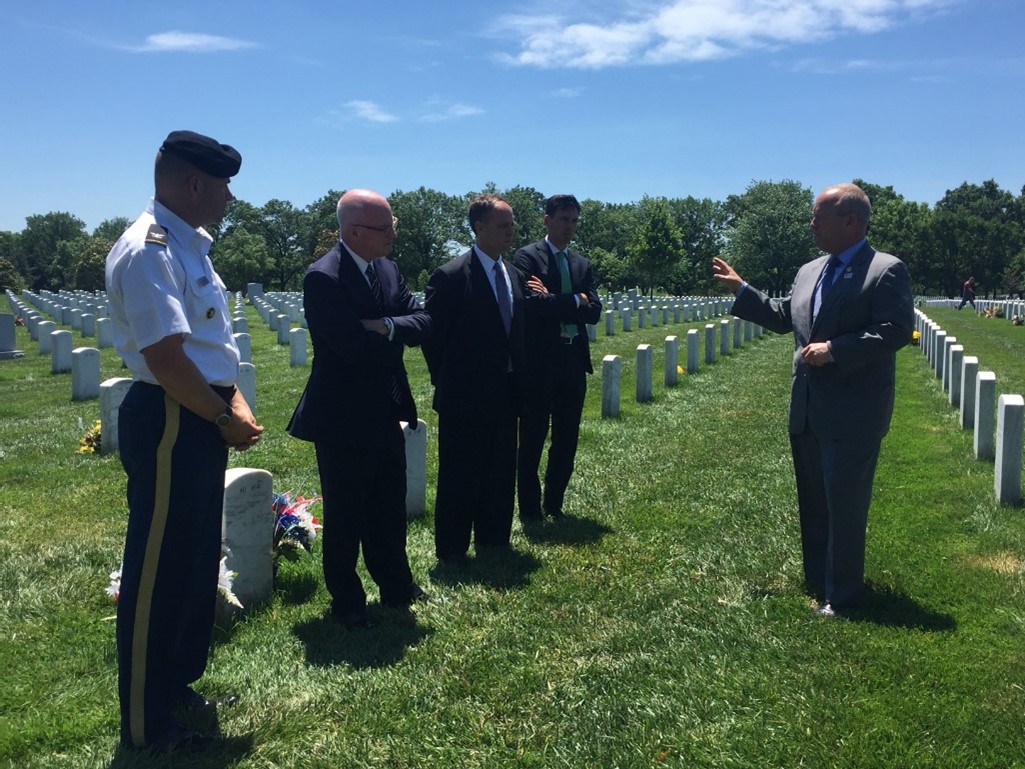Creating Work with Purpose!
“As they proved during the pandemic and as they prove every day, utility workers are indispensable to our economy and our national security.”
– James T. Slevin, National President, Utility Workers Union of America.
Positive outcomes for veterans and their families start with careers that provide purpose and recognize the experience and skills developed during their military service: careers that pay wages and salaries and provide benefits, that not only allow veterans to support themselves and their families, but to plan for and invest in their future; careers that provide affordable healthcare; and careers that offer advancement into positions of increasing responsibilities.
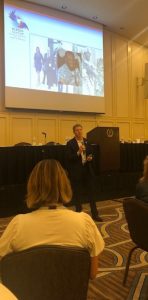
The Utility Workers Military Assistace Program (UMAP), part of the Utility Workers Union of America (UWUA), is laser-focused on achieveing that goal for our veterans and their families by creating a pathway into an industry that is critical to strengthening our economy and vital to our national security. Even during the height of the pandemic, UWUA members were in the “trenches”, ensuring that people had access to clean water, electricy, and heat. UMAP is also taking the lead in renewable energy and wind power and creating opportunities for veterans in these emerging industries.
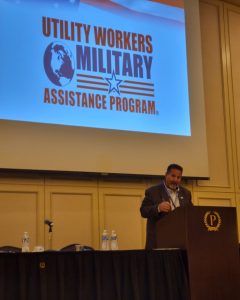 And it’s about creating a culture based on the ideas of brotherhood and sisterhood. Four years ago, I had the opportunity to spend an evening with members of UWUA Local 18007 in Chicago. As I watched the members interact with each other, it reminded me of being around an infantry rifle squad in Afghanistan or Iraq—the camaraderie, the strong bonds, and the sense that you know that someone always has your back. This is why the 1,000+ veterans that have graduated the UMAP program are thriving.
And it’s about creating a culture based on the ideas of brotherhood and sisterhood. Four years ago, I had the opportunity to spend an evening with members of UWUA Local 18007 in Chicago. As I watched the members interact with each other, it reminded me of being around an infantry rifle squad in Afghanistan or Iraq—the camaraderie, the strong bonds, and the sense that you know that someone always has your back. This is why the 1,000+ veterans that have graduated the UMAP program are thriving.
Dixon Center for Military and Veterans Services has been partnered with UMAP from the beginning, providing influence, ideas, and actions that have enhanced and increased the capacity of this successful program.
If you are an organization that wants to learn more about our work with the UWUA and creating work with purpose for veterans, contact Colonel (Ret.) Sam Whitehurst at swhitehurst@dixoncenter.org.
*Far right image: Col (Ret.) Sam Whitehurst, VP, Programs & Services, Dixon Center, speaks at UWUA Region IV Conference
*Far left image: Rick Passarelli, Director, Veterans Affairs and Workforce Development, UWUA, updates members on UMAP
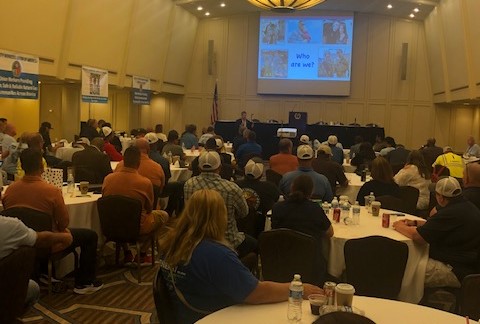
UWUA Region IV Conference, 11-13 August 2022
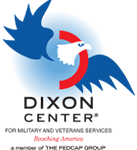
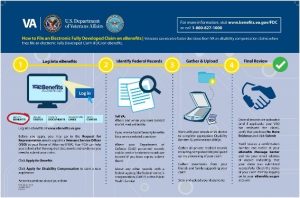
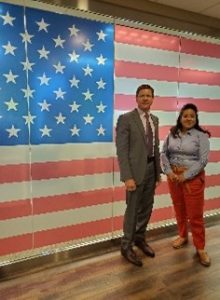
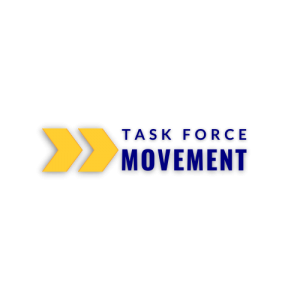
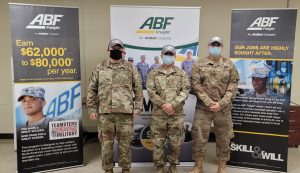 Not only veterans, but also the over 200,000 service members who leave active-duty each year, including women service members and service members of color.
Not only veterans, but also the over 200,000 service members who leave active-duty each year, including women service members and service members of color. This country has a long history of men and women making sacrifices for our freedom.
This country has a long history of men and women making sacrifices for our freedom.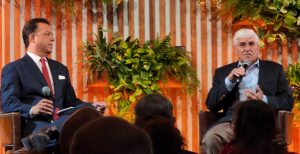
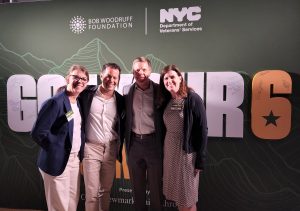 the Got Your 6 Summit in New York City, bringing together community-based organizations that provide services to veterans and their families in New York. It was a day of collaboration as individuals and organizations shared what was working, what wasn’t, and developed innovative ideas to increase the well-being of veterans and their families.
the Got Your 6 Summit in New York City, bringing together community-based organizations that provide services to veterans and their families in New York. It was a day of collaboration as individuals and organizations shared what was working, what wasn’t, and developed innovative ideas to increase the well-being of veterans and their families.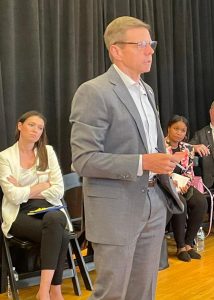 This approach of increasing the capacity of organizations that serve veterans through collaboration, training, and resources also defines how
This approach of increasing the capacity of organizations that serve veterans through collaboration, training, and resources also defines how 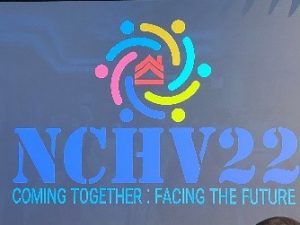 This was one of the messages during the recent National Coalition for Homeless Veterans Annual conference. NCHV is a national organization that helps shape public policy on ending veteran homelessness, advocates on behalf of homeless veterans, provides research on the complex issues surrounding veteran homelessness, and builds the capacity of organizations that are tackling veteran homelessness in their communities.
This was one of the messages during the recent National Coalition for Homeless Veterans Annual conference. NCHV is a national organization that helps shape public policy on ending veteran homelessness, advocates on behalf of homeless veterans, provides research on the complex issues surrounding veteran homelessness, and builds the capacity of organizations that are tackling veteran homelessness in their communities.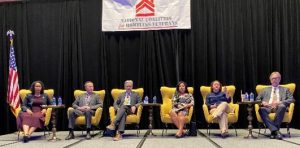 And we are also seeing increased pressures that could reverse the positive trends that we have seen in recent years—an economy buffeted by high inflation and the threat of recession, loss of COVID-19 protections against evictions, a tight housing market which has downstream impacts on the rental market—making it harder for most Americans, including veterans, to access affordable housing.
And we are also seeing increased pressures that could reverse the positive trends that we have seen in recent years—an economy buffeted by high inflation and the threat of recession, loss of COVID-19 protections against evictions, a tight housing market which has downstream impacts on the rental market—making it harder for most Americans, including veterans, to access affordable housing.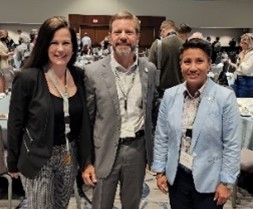 The high turnout at the NCHV conference is indicative of the passion and commitment of those that are continuing the fight against veteran homelessness. The theme of this year’s conference was Coming Together: Facing the Future—and that collaborative spirit was evident among the different groups that were present. Dixon Center for Military and Veterans Services looks forward to sharing the best practices discussed at the conference and continuing to work with our partners to ensure that veterans and their families
The high turnout at the NCHV conference is indicative of the passion and commitment of those that are continuing the fight against veteran homelessness. The theme of this year’s conference was Coming Together: Facing the Future—and that collaborative spirit was evident among the different groups that were present. Dixon Center for Military and Veterans Services looks forward to sharing the best practices discussed at the conference and continuing to work with our partners to ensure that veterans and their families 